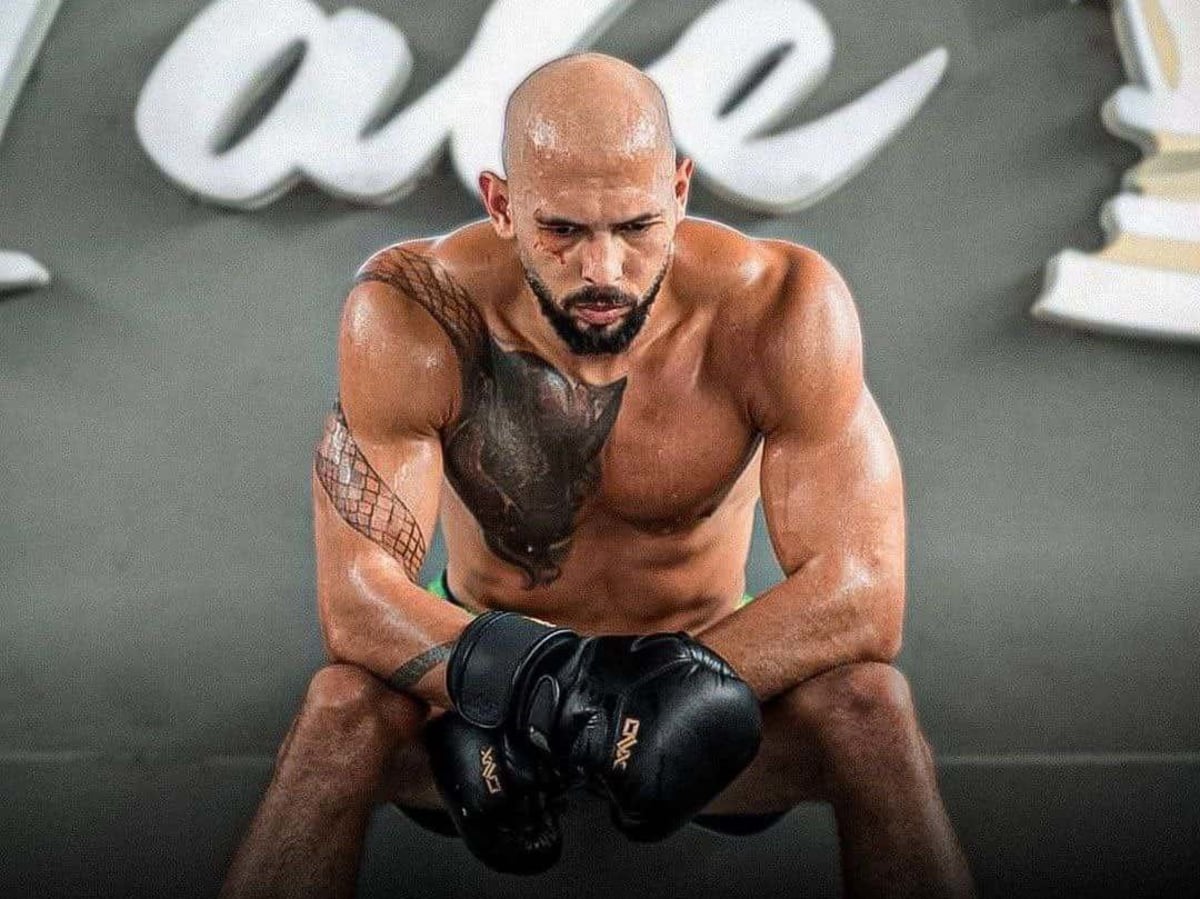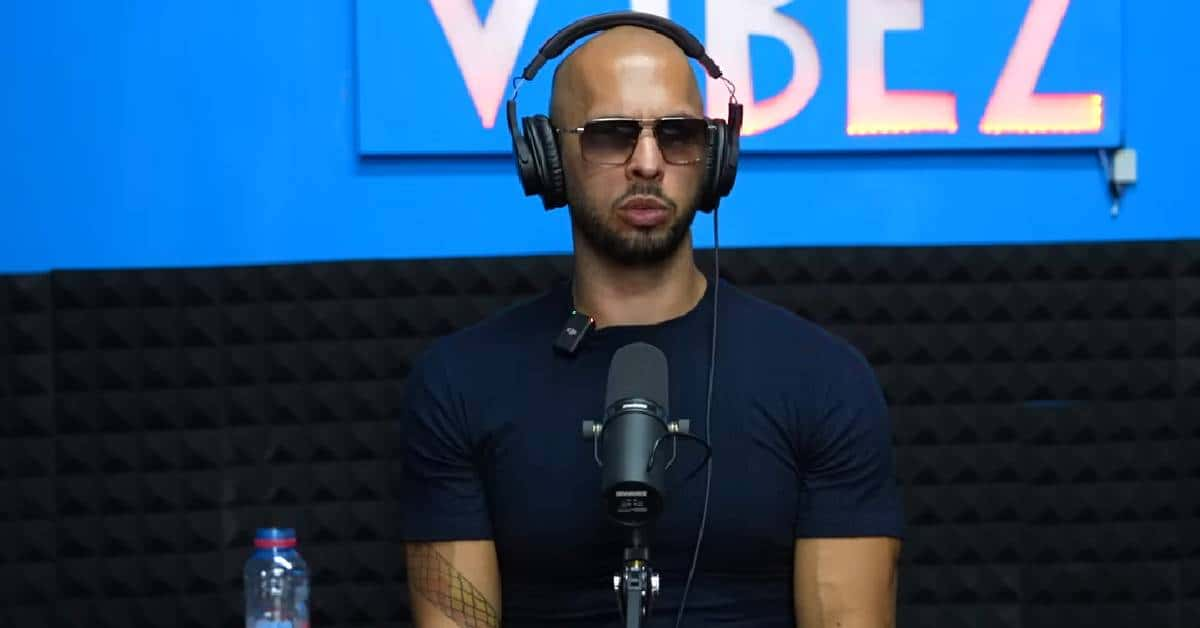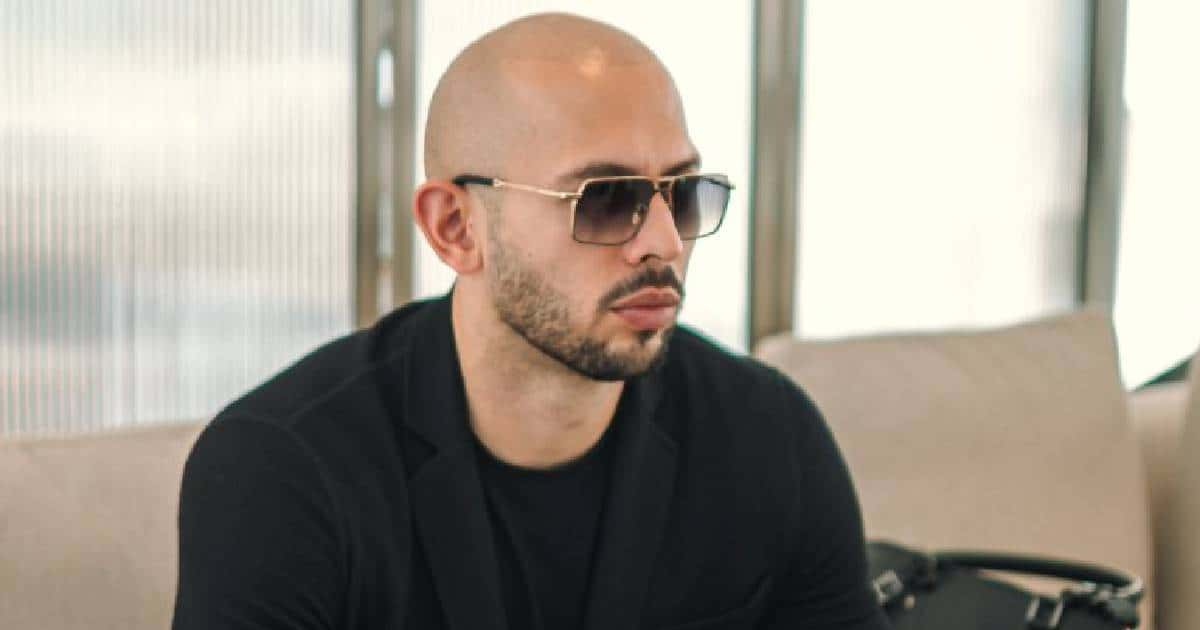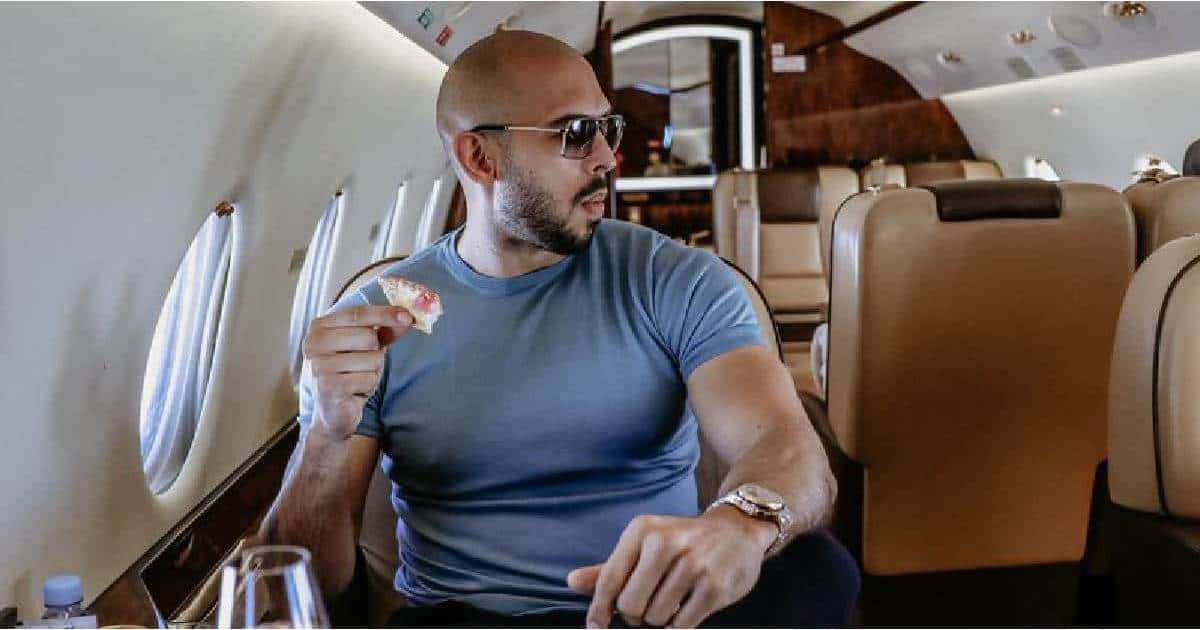Andrew Tate's impact on young boys' notions of masculinity discussed in interview: 'It’s semi-religious'

BUCHAREST, ROMANIA: The controversial influencer Andrew Tate has once again sparked discussion, this time with masculinity educator Ben Hurst taking center stage.
Hurst delved into the influence that Tate wields over young boys and the prevailing notions of masculinity.
Tate has long been a subject of scrutiny among various speakers and educators who have consistently condemned his toxic conception of masculinity.

In the past, an academic researcher also scrutinized Andrew Tate's ideals, asserting that they have detrimental effects on both men and women.
Ben Hurst gets introduced to the 'Andrew Tate' phenomenon
During an interview with GQ, masculinity educator, author, and activist Ben Hurst shared an eye-opening experience.
Hurst was scheduled to lead a workshop on manhood at a school in London, during which he asked the young boys to express their perceptions of what it meant to be a man.
As per GQ, the boys proceeded to provide a list of qualities they believed were expected of a man, including strength, emotional restraint, provider role, dominance in intimate, professional, and family contexts, intelligence, intimidation, and an alpha demeanor.
During this discussion, the name "Andrew Tate" struck a chord with both Hurst and the interviewer.

As noted by the GQ interviewer, the characteristics listed by the boys seemed as if they were drawn directly from Tate's public persona.
As per GQ, the interviewer added, "Since his emergence in 2016, Tate – the self-styled “top G”, currently in Romania awaiting pre-trial evaluation of charges against him including rape and human trafficking (accusations which he has denied) – has become a shorthand for a certain kind of regressive hypermasculinity."
The interviewer went on to emphasize the undeniable impact Tate had on young men.
According to a survey conducted by the organization Hope Not Hate, nearly eight out of ten 16-17-year-old boys in the UK had consumed Tate's content, with just over half of them viewing him in a favorable light.
As per the GQ interviewer, for many of these boys, Tate was more recognizable than the Prime Minister.
According to GQ, in response to this revelation, Hurst, who had previously been unaware of Tate's influence, commented, "I’m not naturally an early adopter. But with Andrew Tate we had to be because he was coming up so much in boys’ conversations.”
GQ interviewer discusses Andrew Tate's rise to fame with Ben Hurst
According to the GQ interview with Hurst, the interviewer pointed out one of the most peculiar aspects of Tate's rise to fame.
As per GQ, the interviewer further asserted, "One of the strangest paradoxes of Tate’s rise is that I’ve never come across an adult woman who is attracted to him, yet that hasn’t stopped Tate from creating a pocket economy dedicated to his teachings."
"There is “The Real World” (previously branded “Hustler’s University”), Tate’s so-called “educational platform” on how to be rich and successful."
The interviewer went on to emphasize that Tate evokes a deep sense of devotion from his followers.

According to the GQ interviewer, British reporter Matt Shea, who interviewed the influencer for his Vice film 'The Dangerous Rise of Andrew Tate,' recounted a surprising encounter.
As per the GQ interviewer, when one of Shea's friends learned that he was making a film about Tate, the friend was moved to tears and Shea stated, "He was like, ‘Please don’t ruin his life, he’s a good guy.’”
As quoted by GQ, Shea shared, "It was weird because this is a guy who’s my age. He’s not some radicalized adolescent boy. The adoration for Tate goes beyond a sport or music fan; they stan him so hard it’s semi-religious.”
According to GQ, the interviewer believes that part of Tate's appeal lies in his ability to offer men a seemingly straightforward solution: placing the blame on the world rather than on themselves.
As per the GQ interviewer, "Part of Tate’s appeal is that he offers men a simple solution: that it is the world that is the problem, not them.

Rather than grapple with changes in gender dynamics and the place of men in a post #MeToo world, Tate denies it’s happened at all."
As per the GQ interviewer, the website for Hustler's University claimed that over 100,000 individuals had registered at one point, and The Guardian reported that members were offered financial incentives to promote Tate's videos by receiving a commission for every subscriber they brought to the platform.










